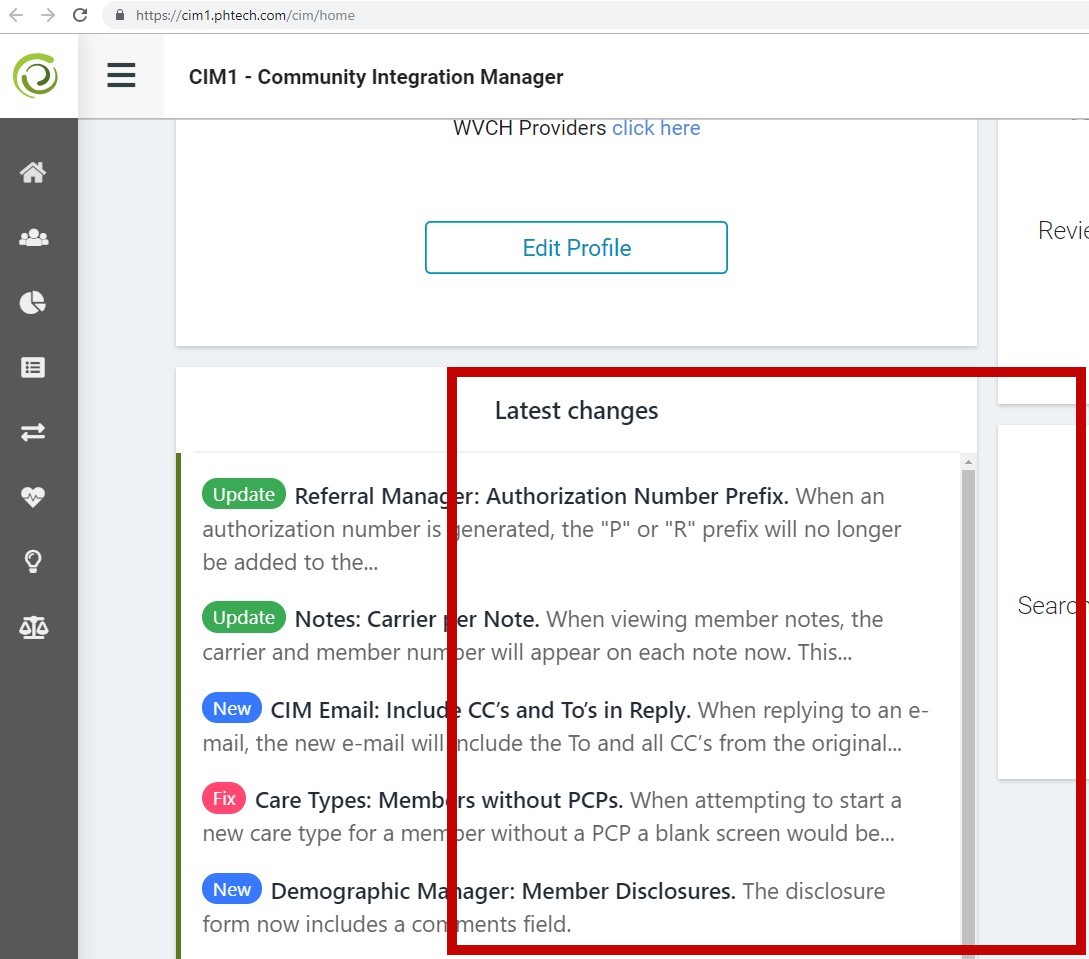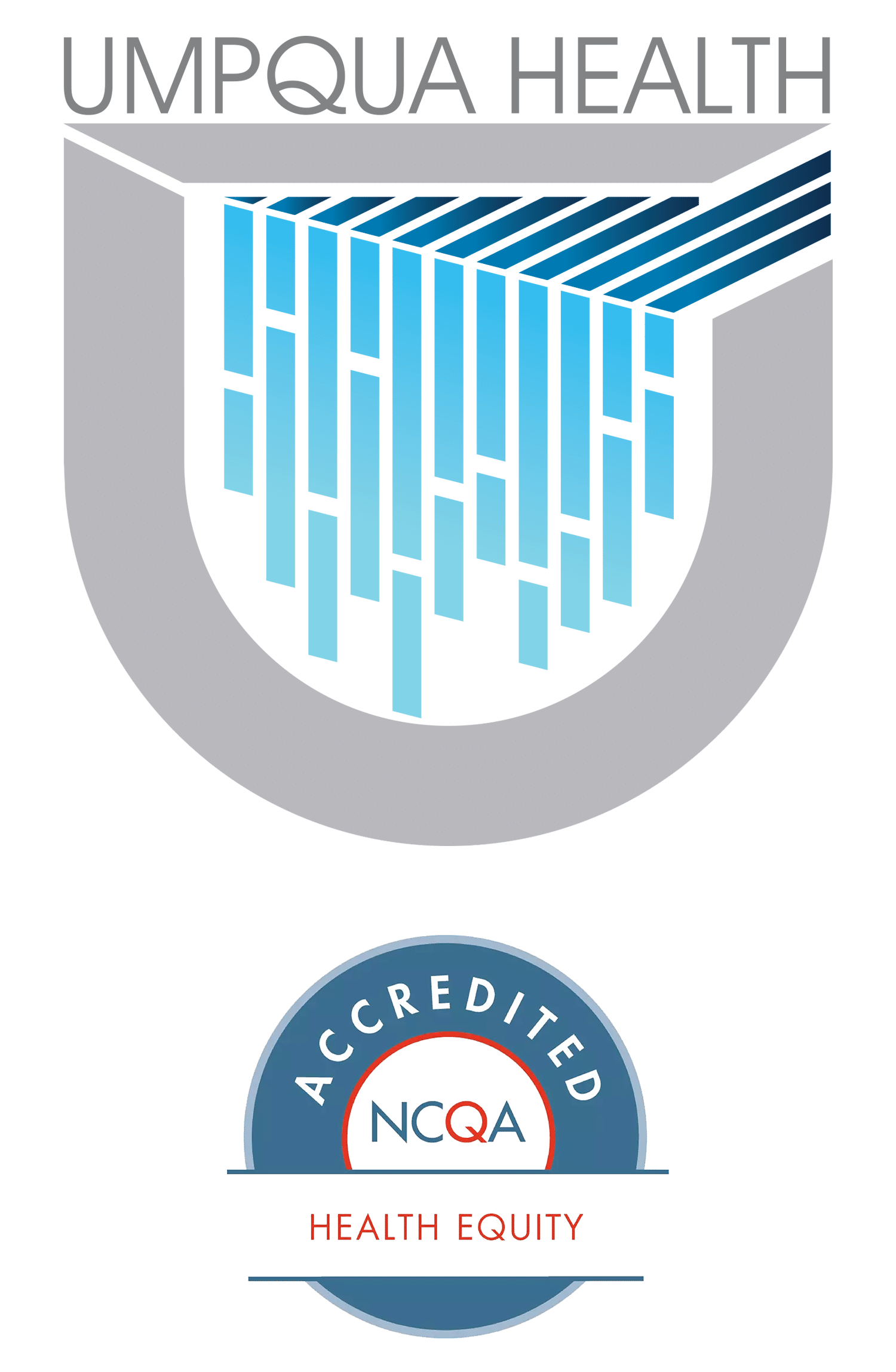Provider Newsletter September 2020
 Practice Tactics
Practice Tactics
Community Health Survey: REPLY TODAY!
We want to hear from you! Please take the Douglas County Community Health Survey
Umpqua Health is pleased to support the Douglas County Network of Care as they seek input from community members like you!
Please take a few minutes to tell us what you feel are the important issues in our community.
Click here to take the survey.
The results of this survey, combined with other community data, will help organizations across Douglas County better understand community health concerns to guide improvement efforts. Your voice matters and we are grateful for your time. If you know anyone else who we should hear from please share this email with them (this link can be used by other residents)!
Thank you!
UHA Claims – Future Update to the Prioritized List Edit Planned
Umpqua Health Alliance (UHA) is planning on updating our claims adjudication system to be more compliant with the Oregon Health Plan’s Prioritized List. This change is planned for January 1st, 2021 and will require “Condition/Treatment Pairing” for services that are not diagnostic in nature.
UHA continues to evaluate the Prioritized List claim edit and when the edit is finalized, and prior to release, a detailed explanation of how they will be applied will be published on this website and sent out via UHA Provider Newsletter.
Provider Portal
UHA and PH Tech, our provider portal, have been working on enhancing CIM to increase efficiencies and improve user experience. You will see changes as you enter authorizations and search for members. Changes to the portal will be announced on the CIM message board as they occur. This can be found in the bottom left of your CIM home screen.

In addition, we create code groups for prior authorizations that will make it easier on the submitter when entering the request. Be on the lookout for new groups and be sure to select the code group applicable to your request. If you click the black dot at the end, it will list all codes within that group. You will only need to enter one of these codes and all in the group will be applied to your authorization.

Out of Network (OON) Prior Authorization Requests
Need help submitting a prior authorization? Check out the OON provider resources on the prior authorization page on our website. These changes include visual workflows, instructions and a new Prior Authorization form for Medical, DME and Behavioral Health requests. (Available September 11.)
 Clinical Corner
Clinical Corner
Review:
Labaki WW and Rosenberg SR. Chronic obstructive pulmonary disease.
Ann Intern Med 2020 Aug 4; 173:ITC17.
(https://doi.org/10.7326/AITC202008040)
Background: Based on studies published as recently as 2019 and guidelines published as recently as 2020, authors offer a succinct review of practical approaches for chronic obstructive pulmonary disease (COPD) management.
Recommendations
Screening
Do not screen asymptomatic adults.
Screen patients with spirometry when they have chronic respiratory symptoms and noxious exposures history (e.g. smoking, workplace vapors).
Diagnostic Testing
In patients with confirmed COPD on spirometry, various testing can guide management: full pulmonary function tests (PFTs), arterial blood gas test, 6-minute walk test, blood eosinophil count, and chest computed tomography.
Consider measuring α -antitrypsin levels in symptomatic patients, particularly those with fixed airflow obstruction on PFTs, early-onset COPD, family history of α -antitrypsin deficiency, or concomitant liver disease or panniculitis.
Treatment
Prescribe therapies based on patient risk (i.e., annual exacerbations) and symptom burden using the Global Initiative for Chronic Obstructive Lung Disease (GOLD) ABCD staging system.
When escalating therapy beyond short-acting inhaled bronchodilators, start with long-acting muscarinic antagonists (LAMAs), then add long-acting β-agonists (LABAs). Adding inhaled corticosteroids (ICS) to LABA/LAMA dual therapy predominantly benefits patients with elevated blood eosinophil count (i.e., >0.3×10 cells/L).
In patients with persistent symptoms or exacerbations despite inhaled therapies, roflumilast (Daliresp) or long-term azithromycin might prevent some exacerbations; the reviewers do not discuss use of mucolytic agents (Cochrane Database Syst Rev 2019; 5:CD001287).
Other beneficial adjunctive therapies include vaccinations and pulmonary rehabilitation (for most patients); oxygen therapy (for hypoxemic patients); or lung-volume reduction therapies (bronchoscopic or surgical) or lung transplant (for selected patients).
 On the Lookout
On the Lookout
Outpatient Management of COVID-19
The Douglas County Public Health Network shared an excellent resource for managing patients with COVID-19 infection in the outpatient arena. It was developed by Dr. Jim Shames, Medical Director and Health Officer in Jackson County.

CME for Thee
Adapt is excited to announce that (thanks to a generous grant from the CAC / Umpqua Health) we will be offering two sections of the training Foundations of EID on Monday, September 28, 2020. Although we had hoped to offer these in person to generate meaningful conversation, for the sake of safety and compliance with social distancing, we will be offering these trainings via ZOOM. A few things to note:
- These are two sessions of the SAME training. Please register for one or the other, not both.
- We are applying for and anticipate approval for 4 NAADAC CE for each of these trainings.
- Space is limited. Non-Adapt employees, please register using the “Community partner” ticket. You must have an email ending in @adaptoregon, @compassoregon or @srchc to register for one of the Adapt / Compass / SRCHC Staff tickets.
- If things fill up and you would like to be added to a wait list, let me know. If you register but your plans change, please also let me know so that I can re-open your spot.
- Feel free to share this with other local behavioral health / human services providers
- The Eventbrite listing contains more information about the training and the trainer, Tori Lopez. Registrants will receive an email with a zoom link several days prior to the trainer.
To register:
Morning session: https://www.eventbrite.com/e/equity-inclusion-and-diversity-for-behavioral-health-care-providers-am-registration-115404242195
Afternoon session: https://www.eventbrite.com/e/equity-inclusion-and-diversity-for-behavioral-health-care-providers-pm-registration-115414322345
Password for registration for either / both: CAC2020
Free BH Webinars:
1. Tips for Supporting Resilience and the DECA Program during a Pandemic:
2. Rubber Bands and Umbrellas! 5 Practical Strategies for Helping Parents Understand Risk Factors, Protective Factors and Resilience
3. FLIP IT Instead of Flipping Out: You Can Transform Challenging Behavior!
Patient Education and Engagement in Diabetes Care. No-cost, CME-accredited webinar for clinicians.
How can you help educate and engage patients with diabetes to control HbA1c? Learn more through this no-cost CME-accredited webinar for clinicians who serve Oregonians. The Transformation Center-produced webinar features Dr. Andrew Ahmann, director of the Harold Schnitzer Diabetes Health Center and recipient of the 2018 Outstanding Physician Clinician in Diabetes Award from the American Diabetes Association. After this one-hour recorded presentation, participants will be able to:
-
- Review CCO diabetes HbA1c poor control metric specifications
- Explain what controlling diabetes means and why it is important
- Name barriers to good glucose control
- Identify the clinic’s role in lifestyle interventions
- Understand how to promote diabetes education with your patients
- Name current standards of care for your patients with diabetes
- When: Available on demand through June 30, 2022
- Webinar registration: https://attendee.gotowebinar.com/register/3442121612601905932
- This educational activity is supported by the Oregon Health Authority.
- Accreditation: This activity has been planned and implemented in accordance with the accreditation requirements and policies of the Accreditation Council for Continuing Medical Education (ACCME) through the joint partnership of OHSU School of Medicine and Oregon Health Authority. The OHSU School of Medicine is accredited by the ACCME to provide continuing medical education for physicians.
- Credit: OHSU School of Medicine designates this live activity for a maximum of 1 AMA PRA Category 1 Credits™. Physicians should claim only the credit commensurate with the extent of their participation in the activity.
- Contact: Sarah Wetherson (sarah.e.wetherson@dhsoha.state.or.us)



